Critical analysis of the organization and implementation of the CSDP.
Criticizing the EU’s Common Security and Defence Policy (CSDP) is easy. A brief look at Europe’s recent actions in conflict areas and failed states paints the picture very clearly: despite apparent ambitions in that direction, the EU still acts in the shadows of its member states, and has not yet proven itself as a convincing international ‘state-fixer’.
Nothing showcases the dispersed European agendas better than the Iraq War in 2003. Admittedly, this was before CSDP was supposedly Common by name, but more recent examples such as Libya show little improvement by nature: the EU is stuck with vague political statements, France takes pride in its military engagement, Britain retains the vestiges of Empire, while the Germans – busy counting their money – seem to think it is none of their business.
Even when member states have agreed to act jointly – usually post-conflict – in crisis management, the road to implementation has been bumpy. One of the most illustrative cases is the Democratic Republic of Congo, which currently hosts CSDP police and security sector missions EUPOL and EUSEC RDC, respectively. Despite being well-intentioned, the Council efforts in DRC have repeatedly failed to align with the more strategic development engagement pushed by the European Commission. To top it all, bilateral initiatives – notably from the UK – have contradicted CSDP aims and ambitions along the way.
It should come as no surprise that the discourse commonly used to evaluate CSDP repeatedly alludes to fragmentation, overlap, coordination (rather, a lack thereof), and of course, the notorious (political) dwarfs and (military) worms. In short, if the EU does indeed have a security and defence policy, it is undersized, and by no means a common one.
Yet, since the implementation of the Lisbon Treaty in 2010, the Common Security and Defence Policy is an institutional fact. And indeed, commonalities do exist, albeit perhaps less grand than the name suggests. To date, 24 EU civilian and military operations have been launched, 11 of which are currently ongoing. They have increased in complexity and geographical scope, and member states now share decision-making structures and operational planning facilities to implement them.
That sounds impressive (and some might even say substantive), but behind it sits a much less impressive operational reality of lingering contradictions belying CSDP’s name: the dissimilarities remain more pronounced than the commonalities. Member states vary not only in political preferences, but also have different recruitment and selection procedures, different ways to train and select personnel, and different ideas about whether or not to pool resources.
At least the EU’s awareness that this negatively affects operational impact seems to be growing. Problems regarding training and pooling of – especially civilian – resources might find some institutional solace through ideas such as Europe’s New Training Initiative for Civilian Crisis Management (ENTRi)and Crisis Response Teams respectively. The implementation of the Lisbon Treaty and the new EEAS structures presents a chance to – at least institutionally – rethink, and perhaps even refine, CSDP. But streamlining political preferences towards a common strategy informing EU actions remains the major stumbling block. Whereas good intentions and political will appear present to send military or civilian crisis management operations to places like Ivory Coast and South Sudan, CSDP (understandably) is a long way down the list of political priorities of late, and seems to exist merely beneath the surface.
Amidst all of this despair, hope can still be found. A European army obviously remains pretty farfetched right now, but with the Euro looking worse than ever, member states have little choice but to make virtue on the security front out of necessity – namely to pool civilian and military resources in order to trim European budgets. Just like the Eurozone, things will probably have to get worse before they can get better for security and defence initiatives. Hopefully, far-reaching budgetary and institutional reforms to increase efficiency for CSDP will be the ball needed to get harmonized policies rolling. If CSDP considers the Euro zone crisis as an opportunity, it might well be worthy of its name one day. However, truckloads of political impetus will be required to turn normative nameplates into credible operational action.
Support Fair Observer
We rely on your support for our independence, diversity and quality.
For more than 10 years, Fair Observer has been free, fair and independent. No billionaire owns us, no advertisers control us. We are a reader-supported nonprofit. Unlike many other publications, we keep our content free for readers regardless of where they live or whether they can afford to pay. We have no paywalls and no ads.
In the post-truth era of fake news, echo chambers and filter bubbles, we publish a plurality of perspectives from around the world. Anyone can publish with us, but everyone goes through a rigorous editorial process. So, you get fact-checked, well-reasoned content instead of noise.
We publish 3,000+ voices from 90+ countries. We also conduct education and training programs
on subjects ranging from digital media and journalism to writing and critical thinking. This
doesn’t come cheap. Servers, editors, trainers and web developers cost
money.
Please consider supporting us on a regular basis as a recurring donor or a
sustaining member.
Will you support FO’s journalism?
We rely on your support for our independence, diversity and quality.


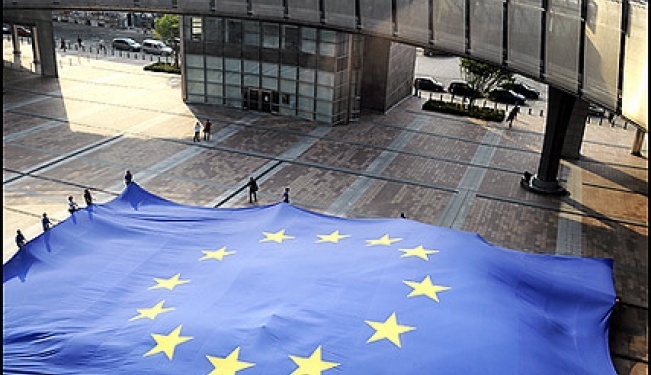
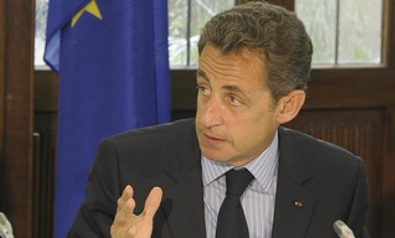
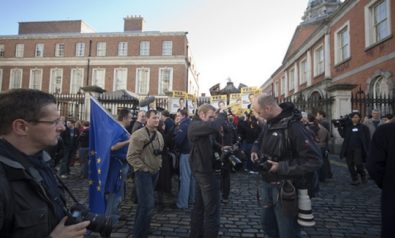
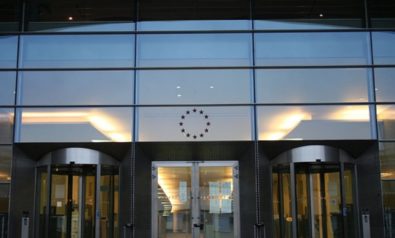
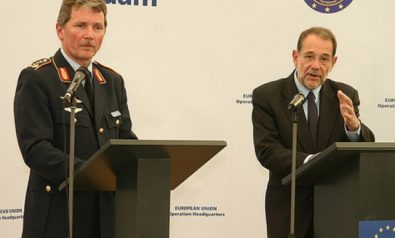



Comment